Little is known about the early life of Giaches de Wert, except that he was born in 1535 somewhere in the region of Antwerp or Ghent (perhaps in the small village of Weert between the two cities). From his youth, however, his world was more Italian than Flemish: as a child he was taken to Italy to be one of the Marchesa of Padulla’s choristers. In his mid-teens he moved to serve an offshoot of the Gonzaga family at Novellara, but soon made connections with the nearby ducal courts of Mantua – where the devout Duke Guglielmo Gonzaga had a particularly keen interest in church music – and Ferrara, long famed for its musical prestige thanks to the patronage of the Este family, where he was influenced by the madrigalist Cipriano de Rore. After a short spell in Milan, he returned to Mantua in 1565 as maestro di cappella in Duke Guglielmo’s recently completed chapel of Santa Barbara. There he was to remain for the rest of his life, though not without maintaining connections (both musical and, during the mid-late 1580s, romantic) with the court at Ferrara, where the lively musical life must have been a welcome distraction from his not always happy existence at the Mantuan court.
Tracklist
Please note that the below previews are loaded as 44.1 kHz / 16 bit.Total time: 01:07:12
Additional information
| Label | |
|---|---|
| SKU | HMM807620 |
| Qualities | |
| Channels | 2ch Stereo, 5 Channel Surround Sound, 2ch Stereo & 5ch Surround |
| Artists | |
| Composers | |
| Genres | |
| Mastering Engineer | Brad Michel |
| Recording Type & Bit Rate | DSD64 |
| Recording Software | Merging |
| Recording location | All Hallows' Church, Gospel Oak, London |
| Recording Engineer | Brad Michel |
| Producer | Robina G. Young |
| Editing Software | Pyramix |
| Original Recording Format | |
| Instruments | |
| Release Date | January 20, 2017 |
Press reviews
Stereophile
“You may never before have heard of Flemish composer Giaches de Wert (b. 1535 somewhere in the region of Antwerp or Ghent), nor listened to his sacred motets, which I auditioned as a native DSD64 download from NativeDSD. Regardless, his music’s supreme beauty, captured in convincingly natural spaciousness on Harmonia Mundi’s latest DSD-native hybrid SACD from the 13-member, English vocal ensemble, Stile Antico, will likely sweep you away.
De Wert spent most his life in Mantua, Italy, where he served as maestro di cappella in Duke Guglielmo Gonzaga’s chapel of Santa Barbara. Known mainly as a madrigalist, whose compositions influenced Monteverdi, he also published three collections of sacred motets. It is from the second and third of these collections of church music, published in 1581, that Stile Antico has drawn this collection of five- and six-voice motets that set passages from the New Testament.
If you have an affinity for the sacred vocal music of the Renaissance, but tend to steer clear of religious doctrine, you may do what I did at first: simply close your eyes and soar with the sublime, impeccably tuned singing. If, however, you take the time to read the texts and translations—it took me a while to force myself to sufficiently overcome my allergy to doctrine in order to focus on the words—you will discover de Wert’s acutely sympathetic response to text.
Take, for example “Peccavi super numerum, which sets The Prayer of Manasseh; Psalm 50:3–4 Vulgate. De Wert chooses descending scales to convey the evil doings of he who confesses his sins. When the prayer ends with, “Against you only have I sinned, for I have provoked your wrath and done evil in your sight,” the composer underscores the seriousness of sin and its consequences by repeating, over and over, the words “provoked your wrath.” He does the same with the phrase “To whom glory,” as it appears in the final motet of the program, “O altitudo divitiarum” (O, the height of the riches of the wisdom and knowledge of God!) (Romans 11:33–36). Contrast both complex treatments with de Wert’s setting of “O Crux ave” (Hail, O Cross) (from a tenth-century adaptation of Venantius Fortunatus, “Vexilla Regis,” 569 AD), where the music grows quiet and devotional, as befits a simple prayer to remove the sins of the guilty.
The setting of “Ascendente Jesu in naviculam” (When Jesus had climbed into the boat) exemplifies de Wert’s skill with tailoring vocal lines and phrasing to the needs of a story. Each change of direction or harmony signifies a development in the succinct narrative (Matthew 8:23–26). High female voices, in turn, are reserved for the start of “Virgo Maria hodie ad caelum assumpta est” (Today the Virgin Marry is taken up into heaven).
Not prone to dwell on darker sentiments longer than necessary, Stile Antico consistently moves the music along, creating a glowing sonic tapestry. They’re also not afraid of joy, as conveyed in the program’s opener, “Gaudete in Domino” (Rejoice in the Lord) (Philippians 4:4). The transparency of the recording, made in All Hallows’ Church, Gospel Oak, London, further enables voices, music, and listeners to float free of the doubly enslaving punishments of guilt and sin.
Blogcritics
“Divine Theatre: Sacred Motets by Giaches de Wert from the English a capella choir Stile Antico presents an array of gorgeous music by the 16th-century Flemish-born composer Giaches de Wert. Wert spent his career in Italy, mostly in Mantua, and is known to have influenced his younger contemporary Monteverdi. Otherwise little is known of his biography.
Though better known for his madrigals, Wert also published three collections of dramatic settings of sacred texts and liturgy. In some, he bent the compositional rules of the day in quest of a richer palette with which to convey the meaning of the text. Through the voices and sensibilities of a dedicated ensemble like Stile Antico, they all speak to us today, regardless of whether we feel or even note their religious content, or of how closely they conform to the standards of the day. Rachel’s inconsolable sadness is palpable in the “Vox in Rama audita est.” Polychoral writing deftly depicts Jesus’ dialogue with Saul in “Saule, Saule.” “Ascendente Jesu” is stormily picturesque. That’s the magic of great music, especially when it’s performed with utmost skill. Stile Antico brings brilliantly to life this highly varied selection of Wert’s beautiful motets.”
Only logged in customers who have purchased this product may leave a review.

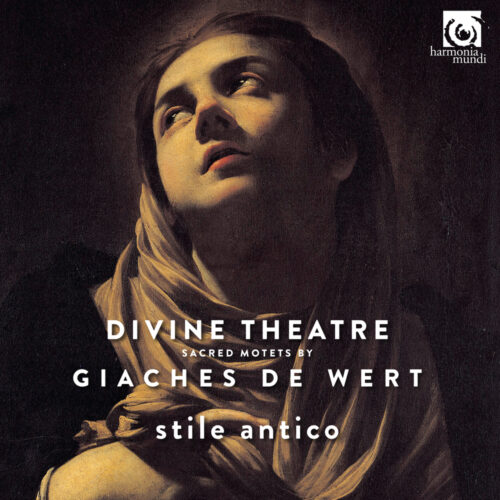
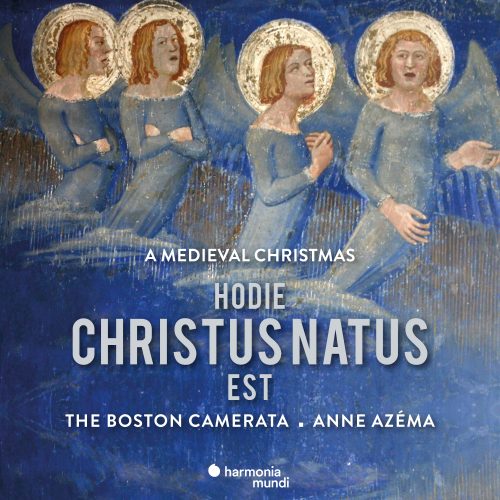
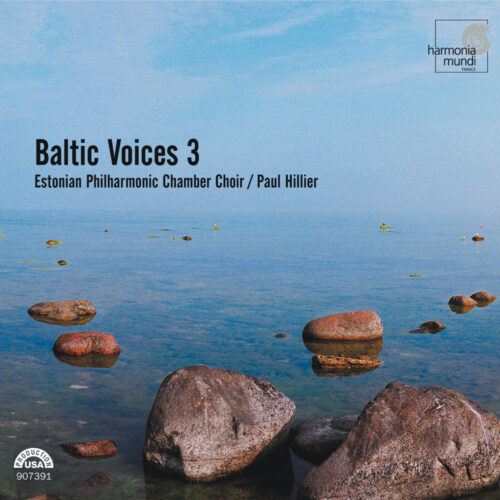
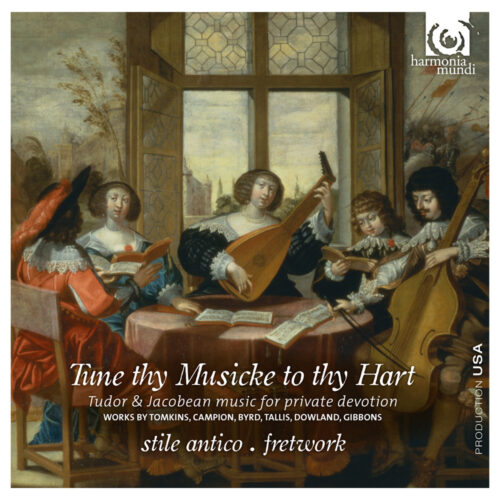
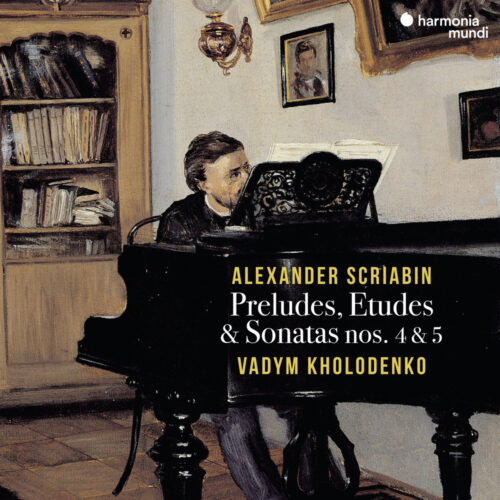
Reviews
There are no reviews yet.